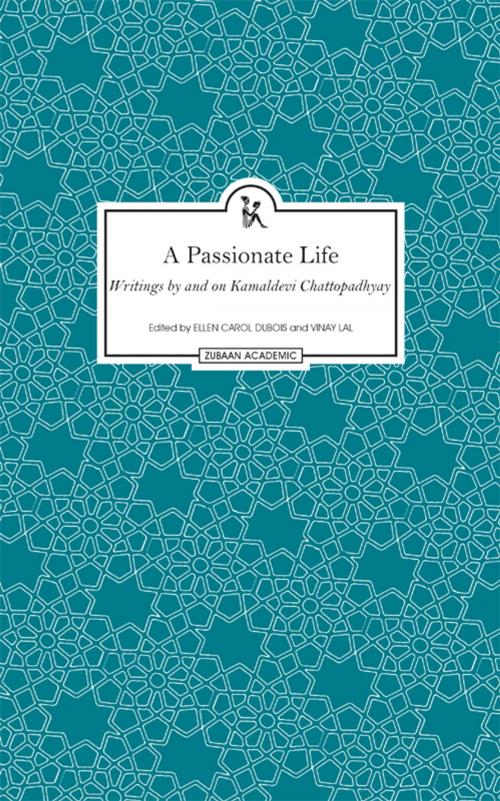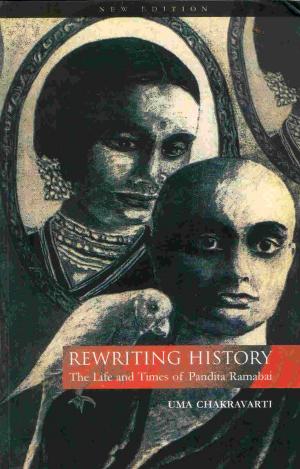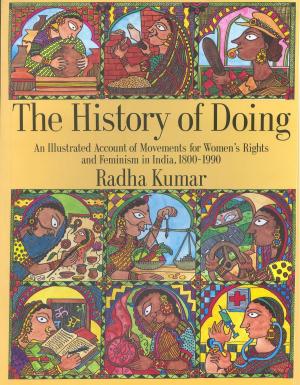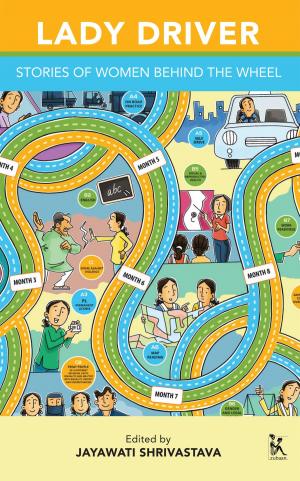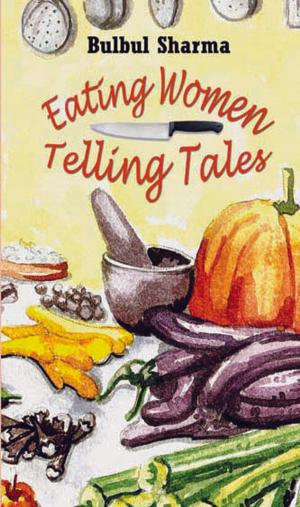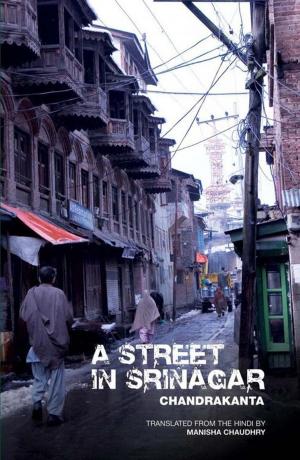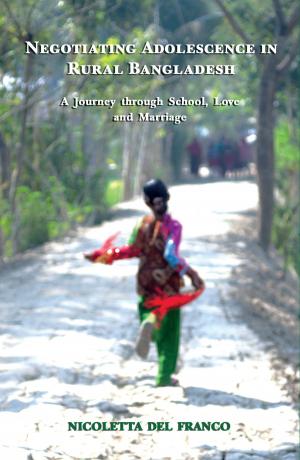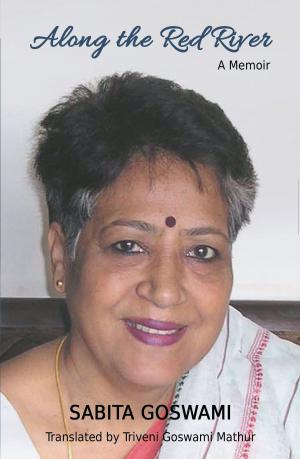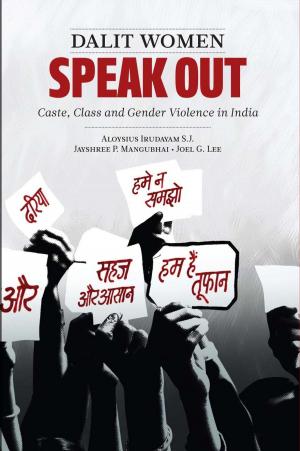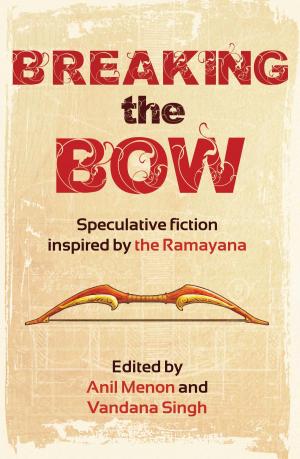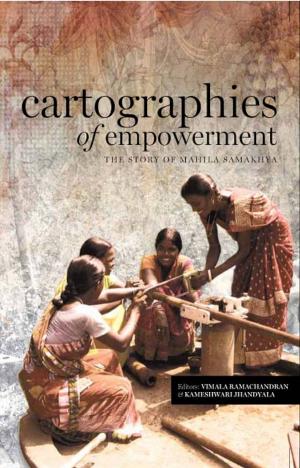Passionate Life, A
Writings by and on Kamaladevi Chattopadhyay
Nonfiction, Social & Cultural Studies, Social Science, Gender Studies, Women&, History| Author: | ISBN: | 9789385932359 | |
| Publisher: | Zubaan | Publication: | June 30, 2017 |
| Imprint: | Language: | English |
| Author: | |
| ISBN: | 9789385932359 |
| Publisher: | Zubaan |
| Publication: | June 30, 2017 |
| Imprint: | |
| Language: | English |
Kamaladevi Chattopadhyay (1903-1988) was a remarkable woman of many passions and gifts. She played an important role in the struggle for Indian independence and was similarly a key figure in the international socialist feminist movement. She was India’s ambassador to Asia and Africa, an articulate and unflinching exponent of the idea of decolonization, and one of the earliest advocates of the idea of the global South. A staunch champion of women’s rights, she held views on women’s equality that continue to resonate in our times.
Greatly disheartened by the partition of India in 1947, Kamaladevi became involved in the resettlement of refugees and appeared to withdraw from political life. Indeed, the Kamaladevi that most Indians are familiar with is a figure who, above all, revived Indian handicrafts, became the country’s most well-known expert on carpets, puppets and its thousands of craft traditions, and nurtured the greater majority of the country’s national institutions charged with the promotion of dance, drama, art, theatre, music and puppetry. Throughout her life, however, she upheld with all the intellectual vigour and emotional force at her command the idea of the dignity of every human life.
Kamaladevi wrote voluminously and her sojourns took her all over the world. She travelled in China during World War II, lectured in Japan, visited Native American pueblos in New Mexico, and forged links with working women and anti-colonial activists in countries across Asia, Africa and Europe. Sadly, most of her writings have long been out of print. The editors of this comprehensive anthology, which is the first serious scholarly attempt to grapple with Kamaladevi’s life and body of work, have sought to represent the wide range of her interests. The extensive selections, comprised largely of journal articles and excerpts from Kamaladevi’s books, are accompanied by a set of original essays by contemporary Indian and American scholars which analyse and contextualize her life and work. This volume should provide the resources for further examination and appreciation of Kamaladevi Chattopadhyay’s unusual gifts and her place in modern Indian and world history.
Kamaladevi Chattopadhyay (1903-1988) was a remarkable woman of many passions and gifts. She played an important role in the struggle for Indian independence and was similarly a key figure in the international socialist feminist movement. She was India’s ambassador to Asia and Africa, an articulate and unflinching exponent of the idea of decolonization, and one of the earliest advocates of the idea of the global South. A staunch champion of women’s rights, she held views on women’s equality that continue to resonate in our times.
Greatly disheartened by the partition of India in 1947, Kamaladevi became involved in the resettlement of refugees and appeared to withdraw from political life. Indeed, the Kamaladevi that most Indians are familiar with is a figure who, above all, revived Indian handicrafts, became the country’s most well-known expert on carpets, puppets and its thousands of craft traditions, and nurtured the greater majority of the country’s national institutions charged with the promotion of dance, drama, art, theatre, music and puppetry. Throughout her life, however, she upheld with all the intellectual vigour and emotional force at her command the idea of the dignity of every human life.
Kamaladevi wrote voluminously and her sojourns took her all over the world. She travelled in China during World War II, lectured in Japan, visited Native American pueblos in New Mexico, and forged links with working women and anti-colonial activists in countries across Asia, Africa and Europe. Sadly, most of her writings have long been out of print. The editors of this comprehensive anthology, which is the first serious scholarly attempt to grapple with Kamaladevi’s life and body of work, have sought to represent the wide range of her interests. The extensive selections, comprised largely of journal articles and excerpts from Kamaladevi’s books, are accompanied by a set of original essays by contemporary Indian and American scholars which analyse and contextualize her life and work. This volume should provide the resources for further examination and appreciation of Kamaladevi Chattopadhyay’s unusual gifts and her place in modern Indian and world history.
